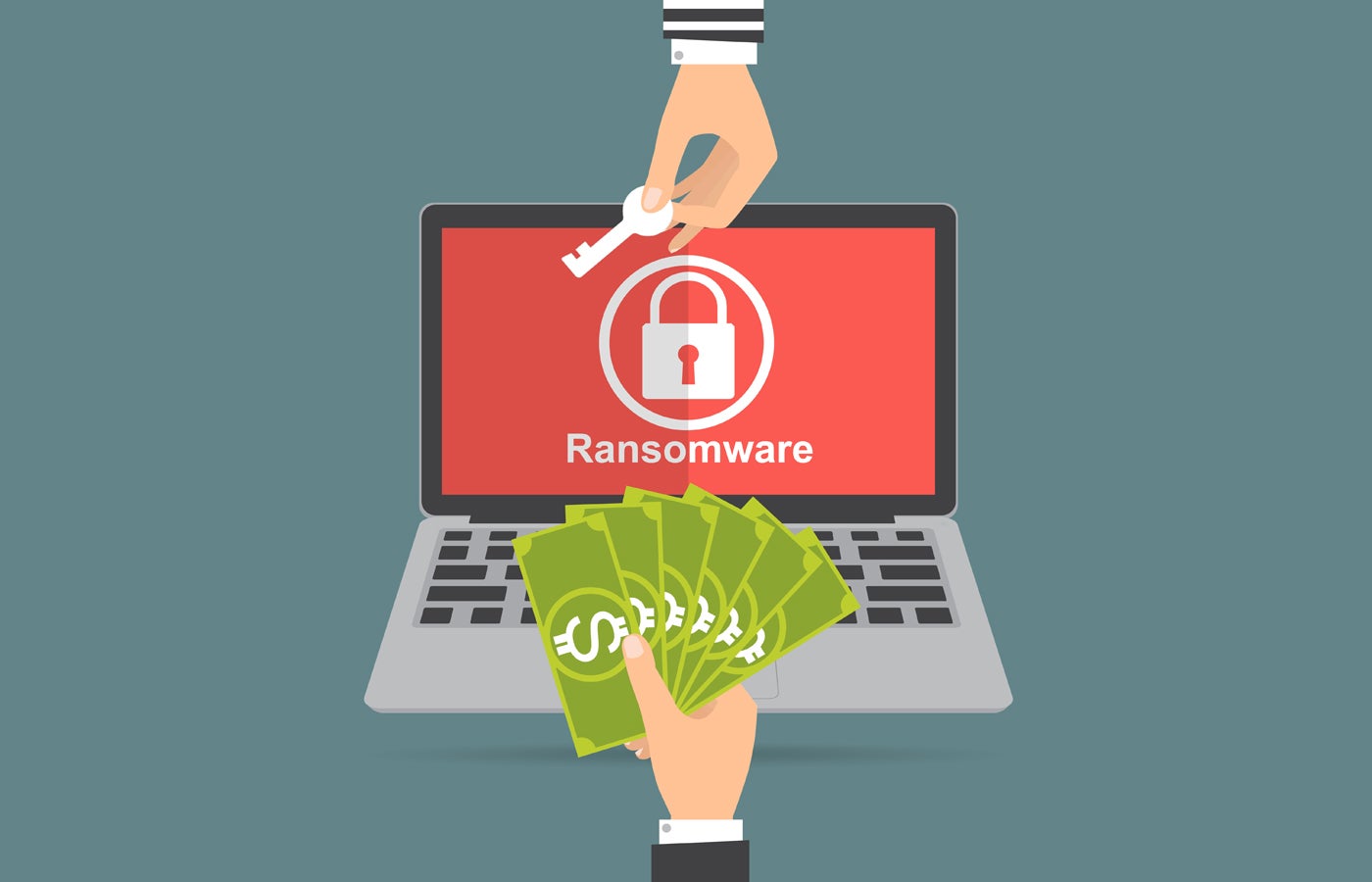While there is no financial cost associated with the Microsoft Rewards program, there is still a significant cost to your personal privacy. Whether you should join is a matter of preference.
Whether it arrives as a gift during the holidays or as an emergency purchase in the middle of a long hot summer, getting a new personal computer is, for most of us anyway, a pretty big deal. If your new personal computer is of the Windows 10 variety, you will likely be asked to create a Microsoft account during the initial startup sequence. This is normal and required if you want to access cloud services like OneDrive.
However, establishing a Microsoft account also grants you access to something called the Microsoft Rewards program, which promises sweepstakes for prizes, discounts toward items in the Microsoft Store, and other personal benefits. While there is no financial cost associated with the Microsoft Rewards program, there is still a significant cost to consider with regard to your data and personal privacy.
What exactly is the Microsoft Rewards program, and is it worth the cost of letting Microsoft track activity on your PC?
What is the Microsoft Rewards program?
From the company’s perspective, the Microsoft Rewards program is a data collection system. In this case, the data being collected concerns Microsoft customers, particularly consumer-level customers. The program tracks what those customers search on Bing, what websites they visit and how often, and what time of day are they online, etc.
It is important to note and to emphasize that the data Microsoft collects is aggregated—Microsoft is not really interested in you as an individual: It wants a model of general consumer behavior. Microsoft uses the data to tweak Bing’s performance, plan promotions, and strategize on future features and products.
From the consumer’s perspective, Microsoft Rewards is a website with various, simple, family safe activities, surveys, and games that users can “play” to earn points (Figure A).
Figure A

Earned points can then be used to enter sweepstakes for prizes, secure discounts to specific supported products, or to make donations to various charitable organizations (Figure B).
Figure B

Is Microsoft Rewards worth it?
If you are the type of person who leaves their smartphone GPS chip on all the time, answers questionnaires that request personal data at a snap, without hesitation, and installs third-party toolbars on their browsers on a whim, then Microsoft Rewards is just another data collector for you.
On the other hand, if personal privacy, and the lack thereof in modern society, keeps you up at night, Microsoft Rewards should be avoided and shunned. The program’s purpose, after all, is to gather aggregate data and use it to advance Microsoft’s marketing strategy and overall profitability.
Personally, until I started writing this article, I had ignored the Microsoft Rewards program. While I don’t necessarily mind companies collecting aggregate information based on my online activities, that doesn’t mean I also want to actively participate in their data collection pursuits by playing simple games and answering pointless trivia questions on their websites.
But when I took a closer look at the Microsoft Rewards program, I realized that I could turn earned points into real donations to charitable organizations championing noble causes. To earn points all I had to do was use the Bing search engine more and turn on Give Mode on the Redeem Rewards page. That’s a minor sacrifice to make in order to help those in need, don’t you think? Maybe Microsoft Rewards is worth it after all.





